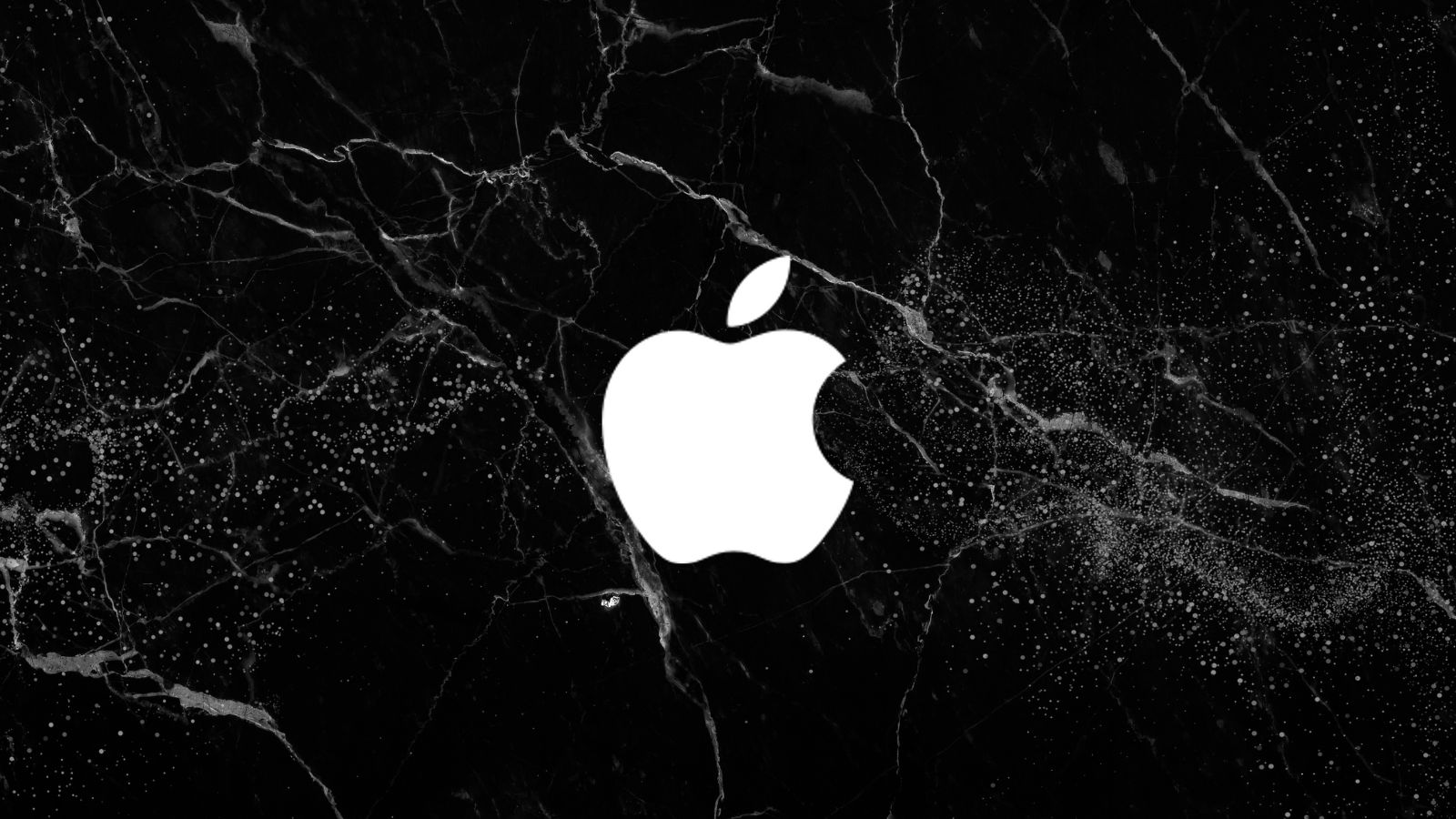
Netflix Switches to the AV1 Codec on its Android App
- Netflix will use its Android app as a testbed for the new AV1 video codec that was developed by the “Alliance for Open Media”.
- The new codec compares very well with the existing solutions, it’s more efficient, plus, it’s royalty-free.
- Netflix, Facebook, YouTube, and others, are all planning to make AV1 the next universal online video file format.
Netflix has announced that it is switching the streaming codec to AV1 for the Android app because it will help users save internet data. The AV1 (AOMedia Video 1) is an open and royalty-free video coding format that was released in 2018, and which was specifically developed for video transmissions over the internet. Thus, it is highly efficient, saves on bitrates, delivers constant encoding quality, and doesn’t need as high data transfer rates for the same streaming quality as other competing formats. The AV1 is a format developed by the “Alliance for Open Media”, and Netflix is actually a member of this alliance.
Other members include Android, Chrome, Facebook, Xbox One, Windows, YouTube, Twitch, VLC, Cisco, Google Duo, and others, so we are bound to see the adoption of the AV1 picking up pace soon. Netflix’s own tests show that the AV1 is 25% more efficient than VP9, and requires 31% less bitrate than VP9 and 22% less than HEVC. When compared against H.264 in Facebook’s tests, it demonstrated bitrate savings of up to 50%, which is significant. For more test results, check out this webpage.
Source: Facebook Engineering
Netflix stated that their long-term goal is to roll out AV1 on all platforms, but the mobile space is naturally the ideal candidate for the first deployment. This is because it will help lower the mobile internet data consumption for Netflix users on-the-go, as well as to eliminate lags and stutters when the cellular network signal becomes weaker and unreliable. However, the AV1 is still immature, so it won’t be offered to the users by default. Instead, you will have to enable the “Save Data” feature in the app's settings to stream in AV1.
The new codec will have to go through a period of testing and improvement before it gets ready for all platforms, as Netflix intends. Right now, the streaming giant is sponsoring an open-source effort to optimize 10-bit color performance on the dav1d decoder, which is still in its infancy. At the same time, Netflix is collaborating with its chipset and device partners to extend the AV1 usage into hardware. Considering the royalty-free nature of the AV1 codec, its widespread adoption won’t require a lot of effort to achieve, replacing solutions that are both technically inferior and which also require licensing.











